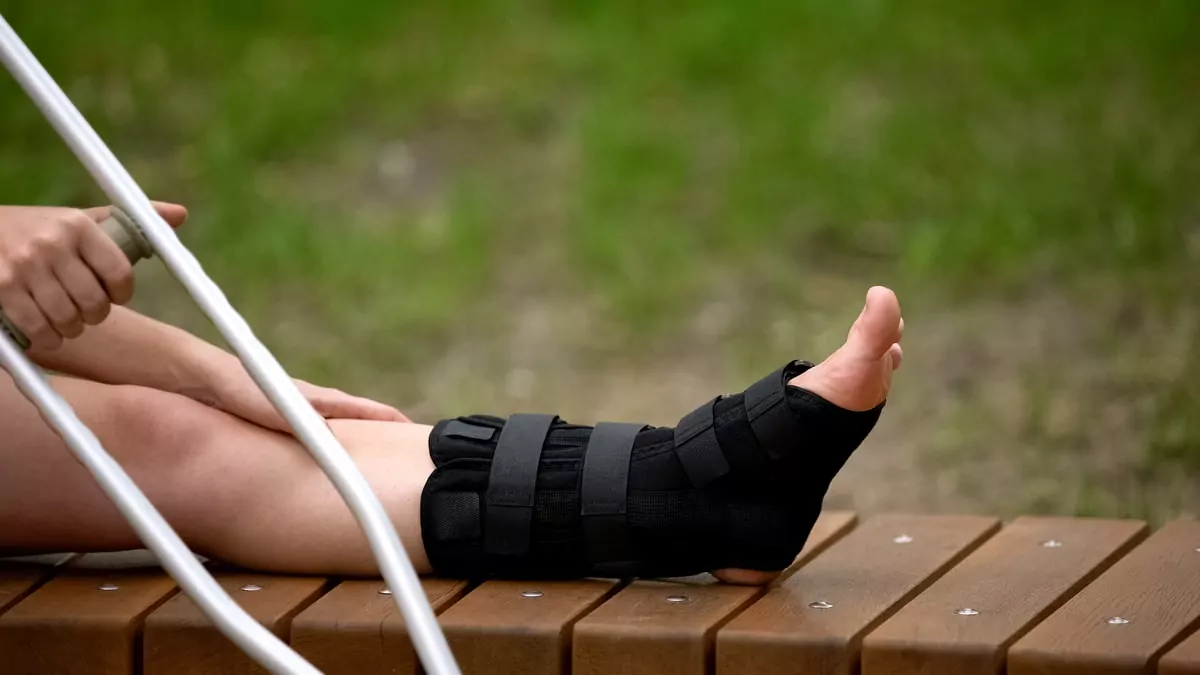Fractures, or broken bones, are common injuries that can occur due to accidents, falls, sports-related incidents, or conditions like osteoporosis. The healing process for fractures involves a complex and systematic series of events that allow the body to mend the injured bone. Understanding the stages of the healing process can help patients and their caregivers take appropriate measures to support recovery and ensure a successful healing journey. In this blog, we will explore the stages of the healing process for fractures and offer valuable insights into how to navigate the road to recovery. For expert care and support on your road to fracture recovery, trust the experienced team at Specialty Care Clinics.
Initial Injury and Inflammation
The healing process begins at the moment of the fracture. When a bone breaks, blood vessels in the vicinity are damaged, leading to bleeding and the formation of a blood clot. This initial response triggers inflammation, which is essential for the body’s healing mechanisms to kick in. Inflammatory cells and specialized cells called fibroblasts move to the fracture site to initiate the repair process.
Formation of Callus
Within the first few days after the fracture, the body starts producing a soft, fibrous tissue known as the callus. This callus acts as a bridge between the broken bone fragments, holding them together during the healing process. The callus provides stability and protection to the fractured area as new bone tissue starts to form.

Formation of New Bone
Over the next few weeks, the callus undergoes a transformation, gradually hardening into a more rigid structure. The formation of new bone tissue, called ossification, takes place within the callus. Osteoblasts, specialized cells responsible for bone formation, produce a matrix of collagen and minerals that gradually becomes mineralized, forming new bone tissue.
Remodelling Phase
As the fracture heals, the bone undergoes a remodelling phase. Osteoclasts, cells responsible for breaking down and removing old bone tissue, begin to resorb the excess callus material. This process helps shape the bone into its original form and ensures that it regains its strength and structural integrity.
Factors Affecting Healing
Several factors can influence the healing process for fractures, including:
Age: Younger individuals tend to heal faster than older adults due to more robust bone and higher metabolic activity.
Bone Health: The density and quality of bone play a significant role in fracture healing. Conditions like osteoporosis can hinder the healing process.
Fracture Type and Location: The specific type and location of the fracture can impact healing time and treatment options.
Immobilization: Proper immobilization of the fractured bone through casts, braces, or splints is essential to ensure optimal healing.

Supporting the Healing Process
While the body’s natural healing mechanisms play a critical role in fracture recovery, there are several ways patients can support the healing process:
Follow Medical Advice: Adhere to the treatment plan recommended by the healthcare professional, which may include rest, immobilization, medications, and physical therapy.
Maintain a Healthy Diet: Consuming a balanced diet rich in vitamins and minerals, especially calcium and vitamin D, supports bone health and fracture healing.
Avoid Smoking and Excessive Alcohol: Smoking and excessive alcohol consumption can delay the healing process and hinder bone formation.
Gradual Return to Activity: After the healing is complete, gradually resume normal activities and exercises under the guidance of a healthcare professional.
The healing process for fractures is a natural and intricate sequence of events that allows the body to repair and restore bone integrity. While the body does most of the work, patients can play a crucial role in their recovery by following medical advice and adopting a healthy lifestyle. By understanding the healing stages and providing appropriate support, individuals can navigate the road to recovery with confidence and achieve successful fracture healing. Contact Specialty Care Clinics at (469) 545-9983 to schedule a consultation and receive personalized treatment for your fracture healing process.
